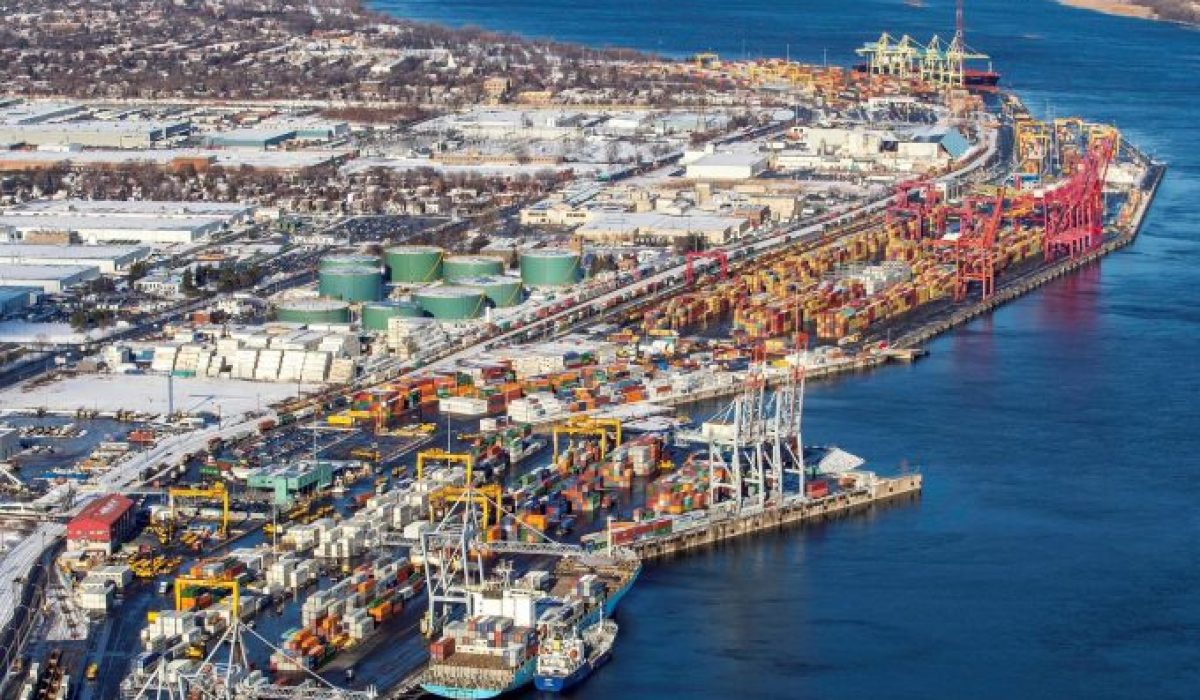The last hope for a negotiated agreement between the Canadian Maritime Employers Association (MEA) and Montréal Longshoremen’s Union Local 375 is that both parties must submit to arbitration.
The dispute between the port workers and their employers began last September in a bid to increase the dockworkers’ benefits, such as pay, pension, and holidays.
Since then, there have been multiple strikes at the port of Montreal, resulting in a drop in volumes. According to Canada’s labour minister, Steve MacKinnon, the strikes were impacting some C$1.3bn (US$932m) worth of goods daily.
On 25 November, the MEA and the union began in a 90-day mediation process, ordered by Mr MacKinnon, which ended on 14 February, aiming to reach a negotiated collective agreement. At the mediator’s suggestion, both parties agreed to extend the process until 14 March, “in an effort to find common ground”.
But on 19 March, the mediator said he “no longer saw any potential agreement between the two parties”.
A spokesperson for the MEA told The Loadstar: “The special mediator determined that no agreement was likely and has therefore concluded the mediation process.”
This triggered the process of arbitration, to which both parties must submit, which means an impartial third party makes a binding decision.
Last Thursday, both parties participated in an initial case management meeting with the Canada Industrial Relations Board (CIRB) to “outline the next steps”, said the spokesperson.
The CIRB ruled that the MEA and the union had until Monday 7 April to mutually agree on an arbitrator. If no consensus is reached, an arbitrator will be appointed by the minister or the CIRB.
“At this time, we do not have further details to share. However, we can confirm that the arbitration decision will be binding,” the MEA spokesperson said.


